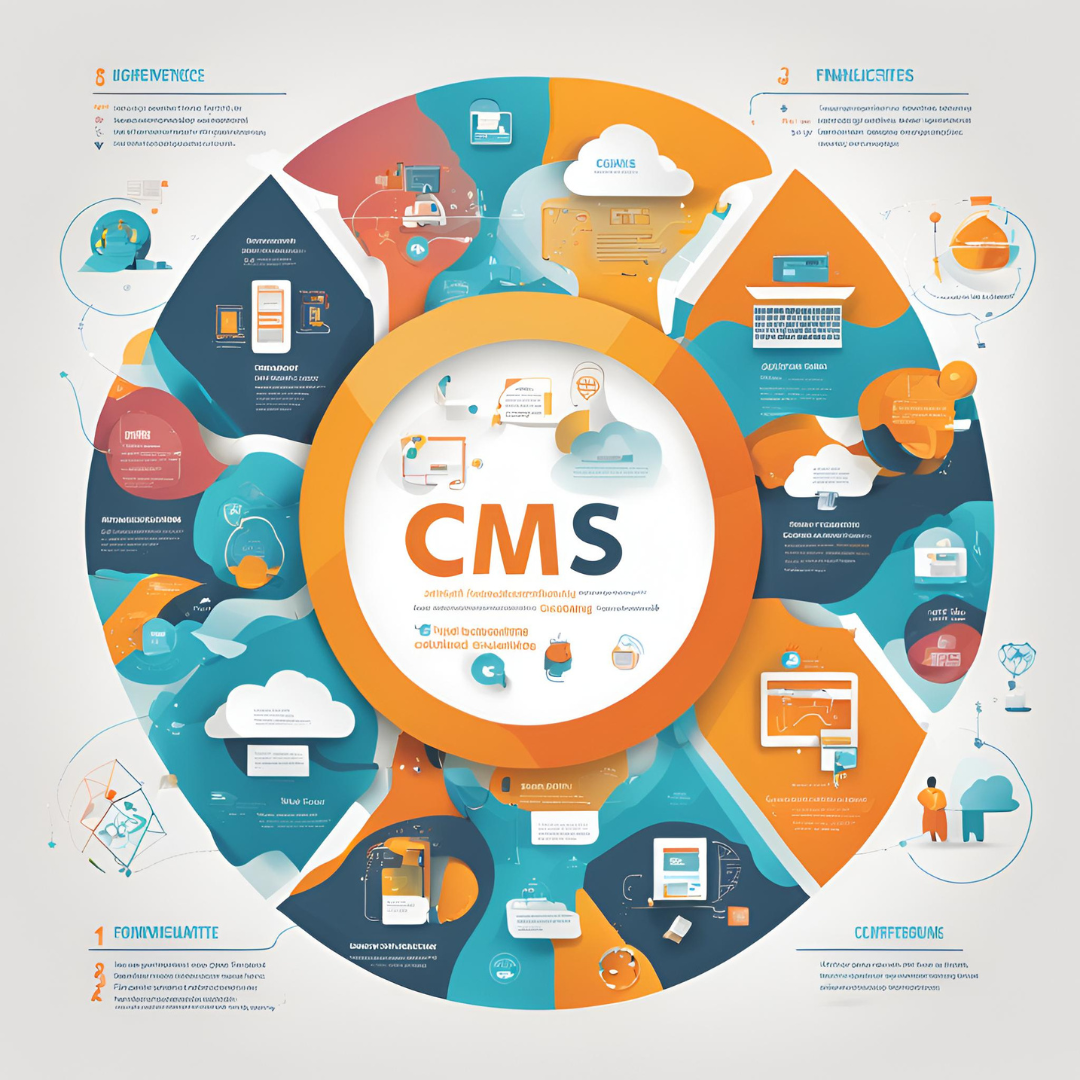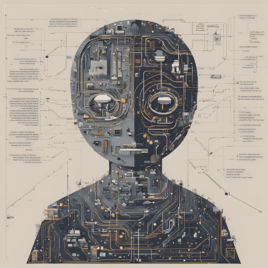My Take on the Future of CMS Development
The world of Content Management Systems (CMS) is in a state of constant evolution, driven by rapid advancements in technology, shifting user expectations, and the ever-changing dynamics of the digital landscape. As someone deeply immersed in the world of web development, I see the future of CMS development heading toward innovation, accessibility, and enhanced personalization. Here’s my take on what lies ahead for CMS platforms.
1. The Rise of Headless CMS
One of the most significant trends shaping CMS development is the rise of headless CMS solutions. Unlike traditional CMS platforms, headless CMS separates the backend (content storage) from the frontend (presentation layer), offering unparalleled flexibility.
With APIs acting as a bridge, content can be seamlessly delivered to various channels—websites, mobile apps, IoT devices, and more. This architecture is perfect for businesses looking to create omnichannel experiences, a necessity in today’s interconnected world.
Prediction: Headless CMS platforms will dominate the landscape, with more organizations adopting them to future-proof their digital ecosystems.
2. AI-Powered Content Management
Artificial intelligence is no longer just a buzzword; it’s becoming an integral part of CMS functionality. AI can automate content recommendations, optimize SEO strategies, and even generate content tailored to user preferences.
From chatbots that enhance user support to predictive analytics that guide content strategy, AI is making CMS platforms smarter and more intuitive.
Prediction: CMS platforms will integrate AI capabilities as a standard feature, revolutionizing how businesses create, manage, and distribute content.
3. Personalization at Scale
The future of digital experiences is deeply tied to personalization. Users expect content tailored to their preferences, location, and behavior. Advanced CMS platforms are leveraging data analytics and user behavior tracking to create dynamic, personalized content experiences.
For example, an e-commerce site powered by a modern CMS can adjust its homepage in real time based on a user’s browsing history, ensuring a more engaging experience.
Prediction: Personalization will shift from being a “nice-to-have” feature to a core component of CMS platforms.
4. Low-Code and No-Code Revolution
The democratization of web development through low-code and no-code solutions is transforming CMS development. Platforms are becoming more user-friendly, empowering non-developers to build and manage websites without technical expertise.
This shift is making website creation and management accessible to small businesses, startups, and individual creators who previously lacked the resources to invest in custom development.
Prediction: Low-code and no-code CMS platforms will continue to grow, fostering a new generation of creators and reducing dependency on specialized developers.
5. Enhanced Focus on Security
As cyber threats evolve, CMS platforms must prioritize robust security measures. From two-factor authentication to automated updates and vulnerability scans, CMS developers are working hard to ensure their platforms are secure.
With stricter data privacy laws like GDPR and CCPA, compliance will also play a crucial role in shaping the future of CMS development.
Prediction: Security-first CMS platforms will emerge, with built-in tools to address compliance and cybersecurity challenges.
6. Sustainability in CMS Development
As digital consumption grows, so does the carbon footprint of websites and applications. There’s a growing awareness about sustainable web practices, and CMS platforms are expected to play their part.
Optimizing code, reducing server loads, and promoting energy-efficient hosting solutions will likely become standard practices in CMS development.
Prediction: CMS platforms will adopt green technology initiatives, aligning with global sustainability goals.
7. Integration with Emerging Technologies
The integration of CMS platforms with emerging technologies like AR/VR, blockchain, and voice search is already underway. These advancements open up new possibilities for immersive and interactive user experiences.
Imagine a CMS powering virtual storefronts in the metaverse or enabling blockchain-based content ownership for creators. The potential is limitless.
Prediction: CMS platforms will evolve to support next-generation technologies, creating opportunities for innovative digital experiences.
Conclusion
The future of CMS development is exciting, with endless possibilities for innovation and growth. As technology continues to advance, CMS platforms will become more intelligent, user-centric, and adaptable, transforming the way we create and consume content.
For developers, businesses, and users alike, the journey ahead promises to be both challenging and rewarding. By staying ahead of these trends, we can shape the future of CMS development and redefine the digital experience.
What’s your take on the future of CMS? Let’s discuss in the comments below!




